Why ChatGPT Atlas Browser Won’t Take Down Google | In The Loop Episode 36
.png)
Published by
Published on
Read time
Category
OpenAI has just launched its own AI browser, only months after Perplexity released theirs. Many people online are calling this the start of a new browser war, or claiming Google is about to be dethroned—and we saw billions wiped from Google’s market value in just 48 hours.
As always, there’s been a lot of hype around this new release. In today’s episode, I’ll break down what I really think about it—and why I don’t believe this browser is going to take on Google. This is In The Loop with Jack Houghton. I hope you enjoy the show.
OpenAI launched its AI browser
As the title and intro suggest, I don’t think OpenAI’s new browser, ChatGPT Atlas—or Perplexity’s Comet, for that matter—is going to dethrone Chrome. I don’t think it’ll even capture 20% of the market. Maybe I’ll look back in 6, 12, or 18 months—or even three years—and eat my words, but I don’t see it becoming part of most people’s daily workflows.
But in many ways, that’s the wrong way to look at it—and definitely the wrong question. The question shouldn’t be “Will this beat Chrome?” The more useful question is “Does Atlas solve specific problems we have today?” and “What can we learn by testing it?”
When Atlas launched just over a week ago, Google’s stock price dropped sharply—closing about 2% down overall and at one point falling by 4.8%. Some investors made quick gains buying the dip, but roughly $18 billion in market value vanished overnight.
Headlines started talking about the return of the browser wars, but within 48 hours, TechCrunch and others confirmed that Atlas is built on Chromium—Google’s open-source infrastructure for building web browsers. I’ll get into why that matters later in the episode, but it already shows that OpenAI isn’t really competing with Chrome at the infrastructure level. They’re trying to build a new interface into the internet.
Atlas overview
Before we get into the main discussion, it’s worth summarizing what Atlas is, what it’s doing differently, and whether you should even pay attention. When it launched, Sam Altman described Atlas as a once-in-a-decade opportunity to rethink what browsers could be.
The product centers on two core capabilities: context-aware ChatGPT integration and Agent Mode.
The context-aware feature means ChatGPT lives in the sidebar of Atlas—similar to what Perplexity did with its Comet browser. It essentially understands what’s on your screen, so when you ask a question, it already knows the context without you having to copy and paste. If you’re viewing a webpage and ask something related to it, ChatGPT understands what you’re referring to.
This isn’t entirely new. Perplexity launched similar features back in July. But the difference is that Atlas integrates directly with ChatGPT, which means it’s potentially in the hands of 800 million weekly ChatGPT users.
Agent Mode is where things get more interesting—and more problematic. OpenAI describes it as ChatGPT taking actions on your behalf inside the browser. The examples include things like online shopping, adding recipe ingredients to a cart, placing orders, researching competitors, or compiling insights into a document.
Early testers have had mixed results. Security researcher Simon Willison wrote that watching Agent Mode in action felt like “watching a toddler try to use a computer for the first time.” He also showed how easy it was to inject prompts and sabotage the agent while it was performing tasks—a serious security concern. Others have reported that it’s slow, gets stuck in loops, and often fails at simple tasks that would take a human less than 30 seconds to complete.
That’s been my experience too. I haven’t been a fan so far, though I hope it improves because the concept is promising. But as I’ve said in previous episodes, giving an agent control of the screen feels pointless when APIs can handle that data transfer behind the scenes much faster. That’s the experience I’m looking for—not a clunky browser interface with a confused agent trying to navigate websites.
Atlas also introduces a memory feature. It tracks your browsing behavior and builds context over time. According to OpenAI, this will let you search things like “find all the job postings I looked at last week” or “summarize all the industry trends I’ve been reading this month.” It’s highly personalized—but comes with serious privacy implications.
I’ve joked before about wearing a tinfoil hat, but when ChatGPT uses my conversation history—some of which could be private—along with uploaded files and documents, I don’t want that data being used to advertise or sell things to me.
As for what’s working so far, the context-aware assistant is genuinely useful in some cases. I’ve enjoyed using it for specific tasks. It’s currently only available for Mac users—sorry, Windows users. Many people on Twitter have shown Atlas improving landing pages, suggesting better thumbnails, or completing small creative tasks directly in the browser without switching context.
If you want to test it yourself, I’d recommend doing it systematically. Switching browsers is a big deal—it’s like changing your mobile provider. There’s always some resistance, even for early adopters.
Try using it for a few days to a week. Focus on specific use cases for the context-aware sidebar:
- Draft social posts based on the webpage you’re viewing.
- Use it to summarize a page and email the results.
- Improve a presentation you’re working on.
- Use it while learning on YouTube—ask questions about the video or clarify what you’re reading without having to provide extra context.
Then, experiment with Agent Mode—but start small. Try low-risk, simple tasks like form-filling, basic research (“find the top five articles about X”), light data collection across websites, or quick comparisons. Pay attention to how quickly the agent completes these tasks compared to doing them yourself.
Test it, draw your own conclusions about where this technology is heading, and decide whether you can imagine using it day-to-day.
AI browser strategic context
Now that we’ve covered what Atlas is and what it can do, let’s talk about the strategic context—why it exists, and the constraints it has to operate under. Understanding that gives us a better sense of how successful it might actually be. You’ll also start to see why I don’t think OpenAI’s browser is going to dethrone Chrome.
From a technical standpoint, Chromium—the open-source infrastructure built by Google that allows other companies to create web browsers—powers about 83% of global browsers as of 2025. Atlas runs on Chromium, as do Edge, Brave, Opera, and Arc. The only major exceptions are Safari, with roughly 16% market share, and Firefox at around 2.3%.
What’s particularly interesting is that OpenAI hired Ben Goodger as Atlas’s Head of Engineering. For context, Goodger built Firefox at Mozilla and later helped build Chrome at Google. So his third major browser project is built on top of Chromium—Google’s own open-source foundation—rather than creating a new engine from scratch.
Even Microsoft couldn’t justify that fight. For years, they developed their own engine, EdgeHTML, but in December 2018 they announced they were abandoning it and moving to Chromium. By January 2020, that transition was complete.
That’s one of the wealthiest tech companies in the world—effectively admitting that building and maintaining a browser engine wasn’t worth the cost. Developing one is expensive and technically brutal: you need rendering pipelines, JavaScript interpreters, thousands of web standards implemented, ongoing security updates, and cross-device compatibility. It’s astronomically complex and expensive, with very little room for proprietary advantage.
So Microsoft ran the numbers and decided it wasn’t worth it.
That’s what makes Goodger’s choice so telling. There are two ways to interpret it:
- The practical view: Building a browser engine from scratch would take years and cost hundreds of millions of dollars, with minimal additional value for users. By using Chromium, OpenAI can focus resources on AI integration—the real innovation—and that’s smart resource allocation.
- The risk view: It creates a structural dependency on Google. Every Chromium update favors Chrome, meaning OpenAI is essentially competing on Google’s infrastructure. That’s a major strategic vulnerability.
Both perspectives are valid, and the question is which dynamic will matter more in the long run.
There’s also a financial angle. OpenAI is projected to lose around $44 billion between now and 2029 before potentially reaching profitability, and only about 5% of its 800 million users pay for subscriptions. Sam Altman even admitted in a Fortune interview that they lose money on the $20-per-month ChatGPT Pro plan because usage exceeds their projections.
That could mean OpenAI is intentionally operating at a loss to fuel growth—similar to how Amazon or Uber did in their early years. From that perspective, Atlas might be a clever distribution play to reach hundreds of millions of users.
But it could also signal pressure to find new revenue streams. Sam Altman famously called advertising a “last resort” in a Harvard Business School interview in May 2024. Yet by 2025, he told Stratechery’s Ben Thompson that he “loves Instagram ads.” The Financial Times also reported that OpenAI hired a former Google head of search advertising as its new VP in May 2025, with a goal of reaching $1 billion in ad revenue by 2026.
That shift suggests financial pressure may be driving strategies that feel a bit misaligned with their original vision. And to be fair, as consumer platforms scale, they almost always add advertising as a revenue stream—so it’s not surprising.
Another factor is data collection. Perplexity’s CEO openly said that the reason AI companies are launching browsers is to collect more user context—what hotels you book, what restaurants you browse, what you read online. That data helps personalize interactions, but it also expands their advertising and targeting potential.
And that brings us to the core reason I don’t think Atlas will dominate: market structure. Chrome holds nearly 70% of global market share. The remaining competitors are either dependent on Google or have limited reach. Safari’s 16% comes mainly from iPhones, and Firefox has collapsed from 31% in 2009 to just over 2% today.
Google has played this brilliantly—bundling Chrome with every Android device, embedding it throughout its ecosystem, and paying Apple tens of billions to keep Chrome as the default. Even Firefox gets about 70% of its revenue from Google. And Microsoft, despite all its enterprise muscle and bundling Edge with Windows, has only managed to capture around 5%.
It’s a bleak picture. Realistically, Atlas might reach only 1–4% market share—which sounds small but still represents 25 to 100 million users. By most measures, that’s a successful product.
So maybe Atlas becomes a specialized tool for a hundred million users worldwide. Or maybe it doesn’t. But OpenAI has a massive distribution advantage—800 million weekly active ChatGPT users. Converting even a small fraction of them could mean tens of millions of users and potentially billions in revenue.
Still, I find it a bit disappointing. I wish we were moving away from the advertising model—but, as usual, it seems to be creeping back.
Closing thoughts
Let’s pull this together. I don’t think OpenAI’s Atlas browser is going to spark a revolutionary shift in the market. The reality is that market dynamics, historical precedent, and structural constraints all point toward that outcome.
But that doesn’t mean it’s not worth engaging with. Market share and individual utility are two very different things. Maybe Atlas ends up serving 100 million users and becomes a niche product—or maybe it doesn’t.
What matters for you as an individual is whether Atlas actually solves a pain point you have today better than your current setup. The only way to find out is to test it yourself. Try it for a week or two and see how it fits into your workflow.
That’s it for today. Thanks for listening, and I’ll see you next week.
Book a demo today.



.png)
.png)
.png)
.png)
.png)
.png)
.png)
.png)
.png)
.png)
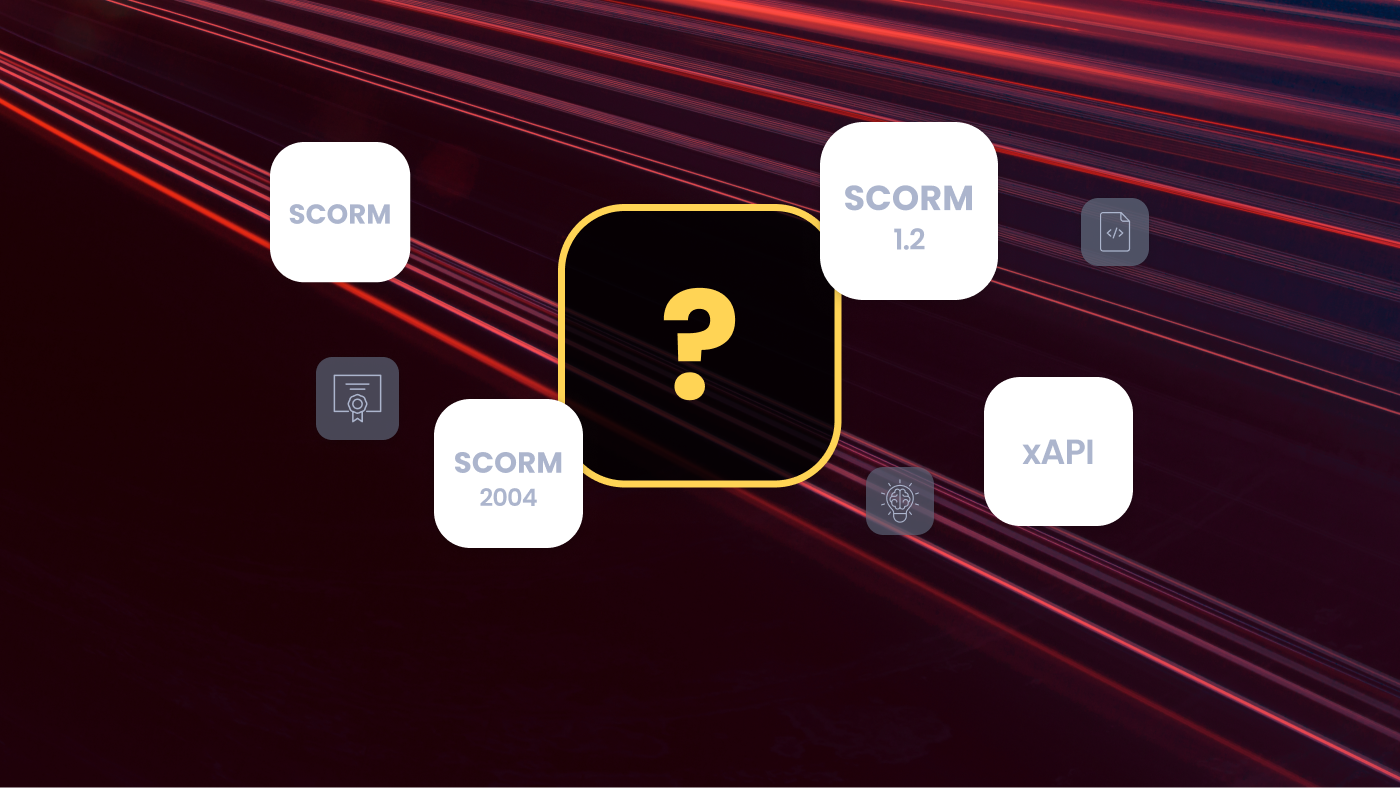
.png)
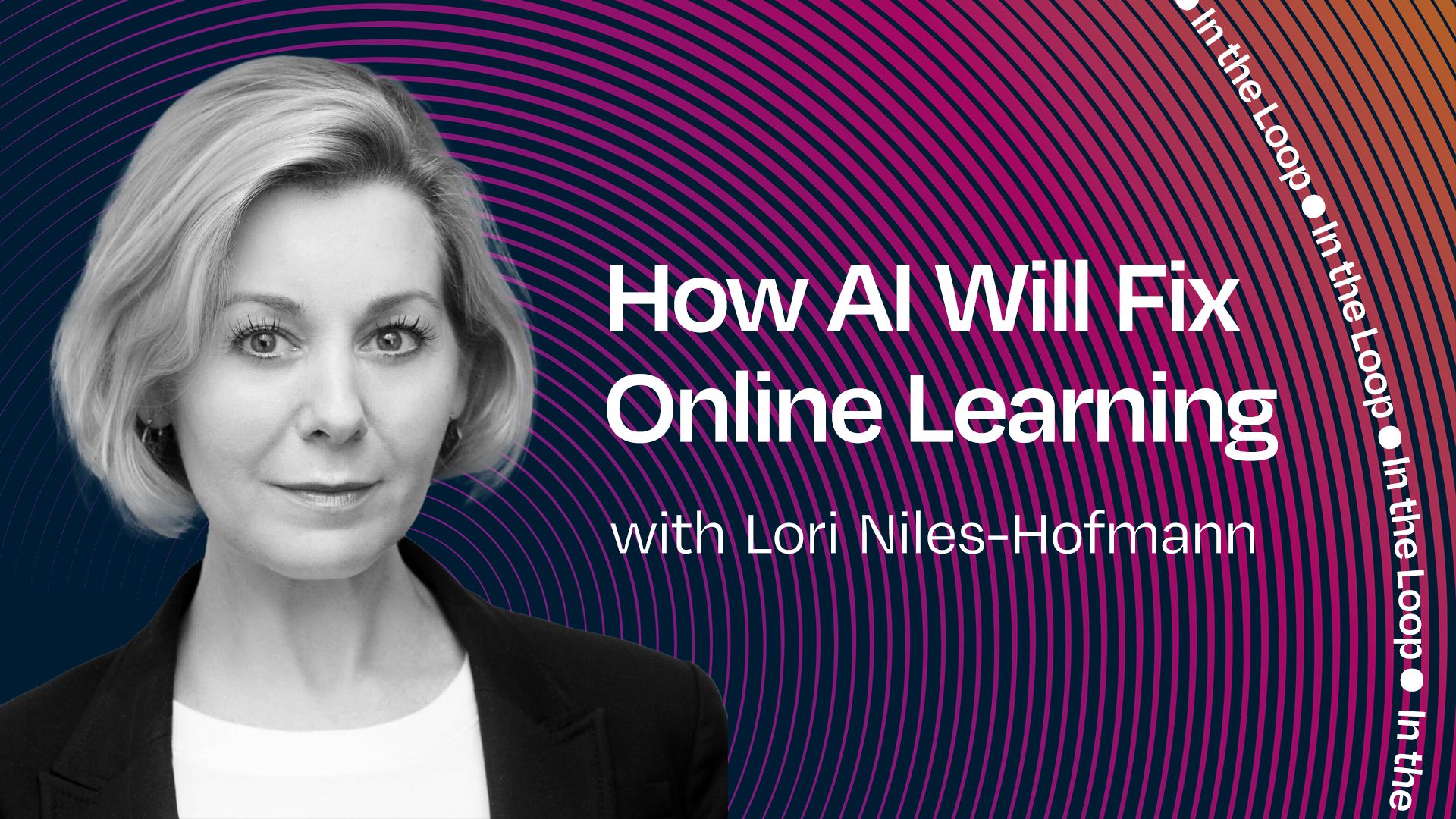
.png)
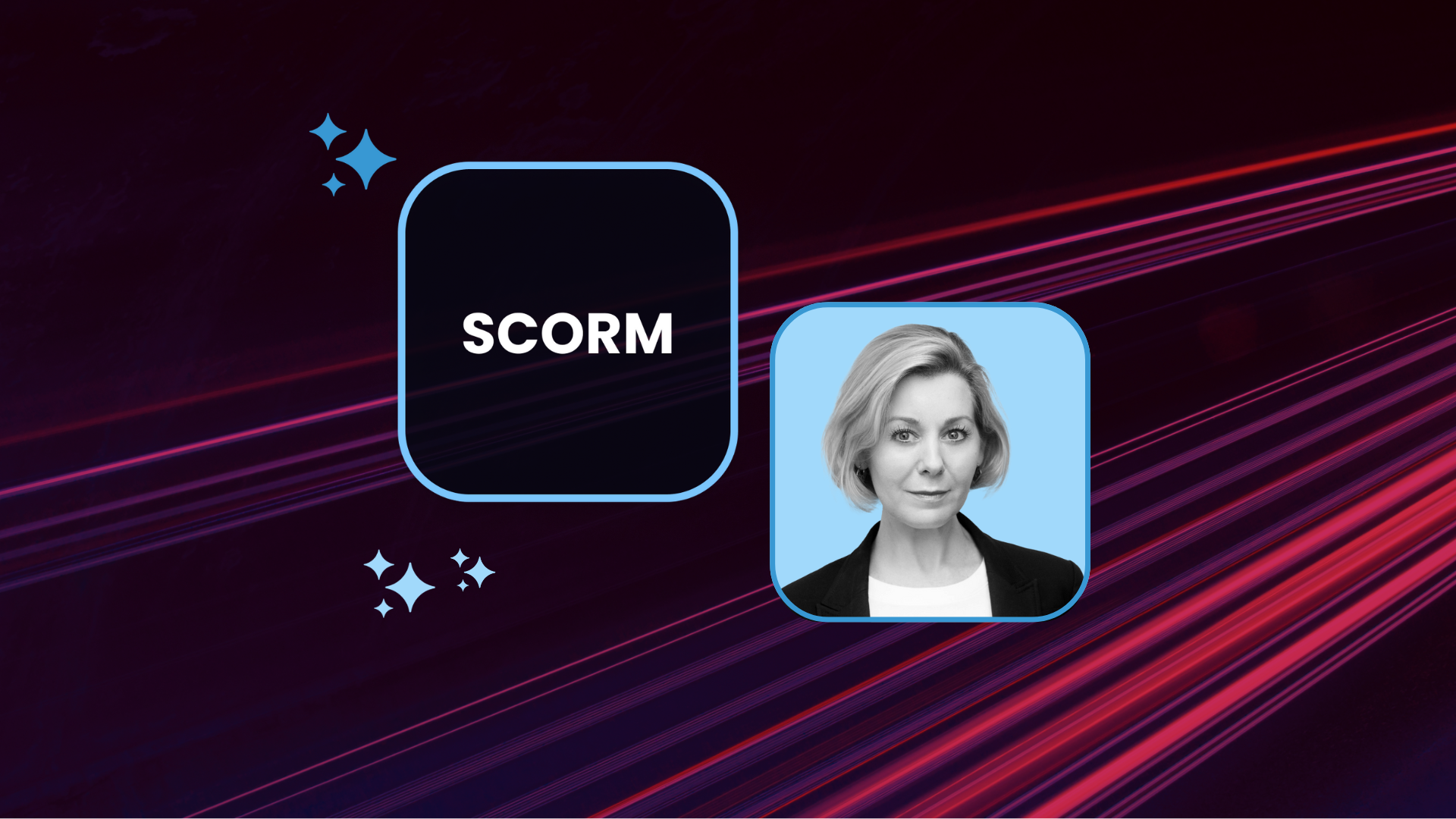
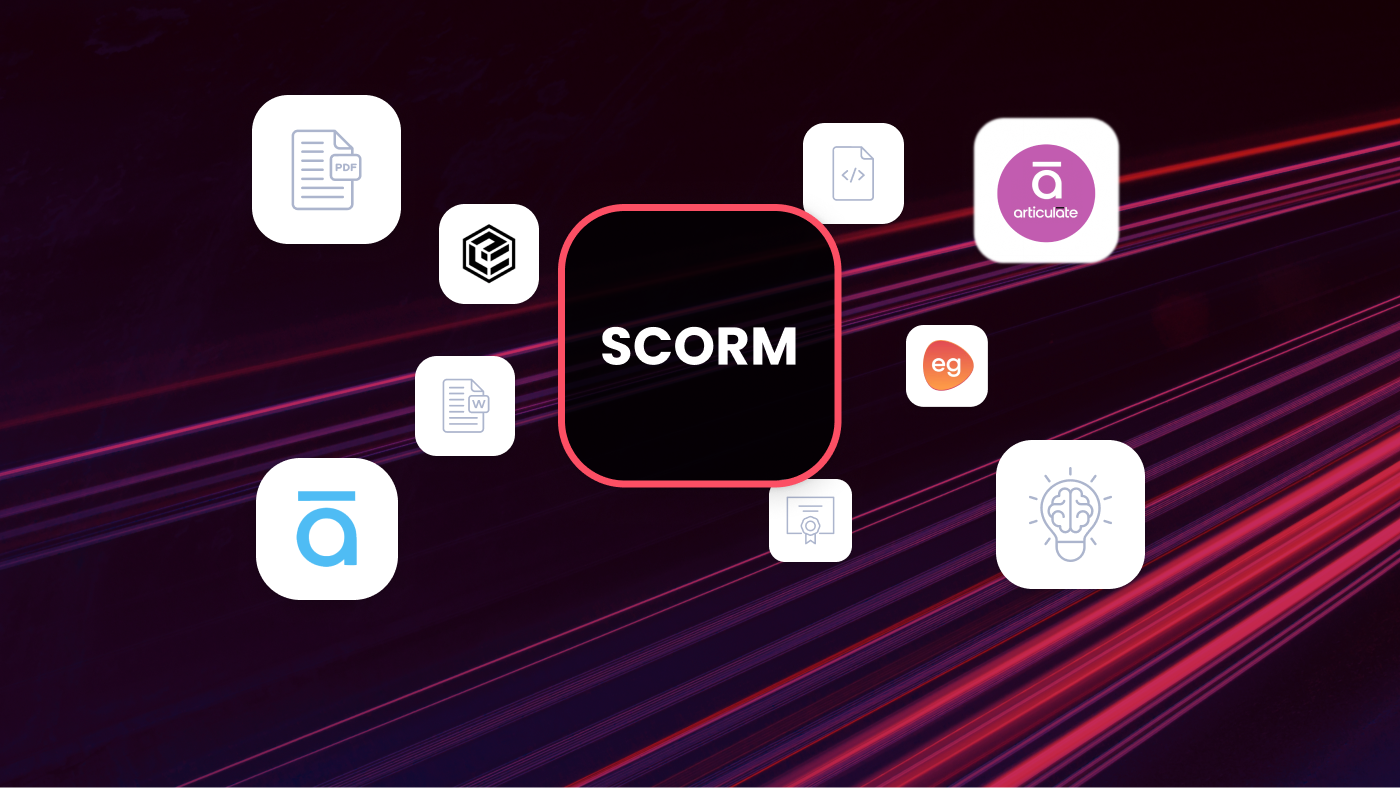
.png)
.png)
.png)

.png)
.png)


.png)
.png)
.png)
.png)
.png)
.png)

.png)
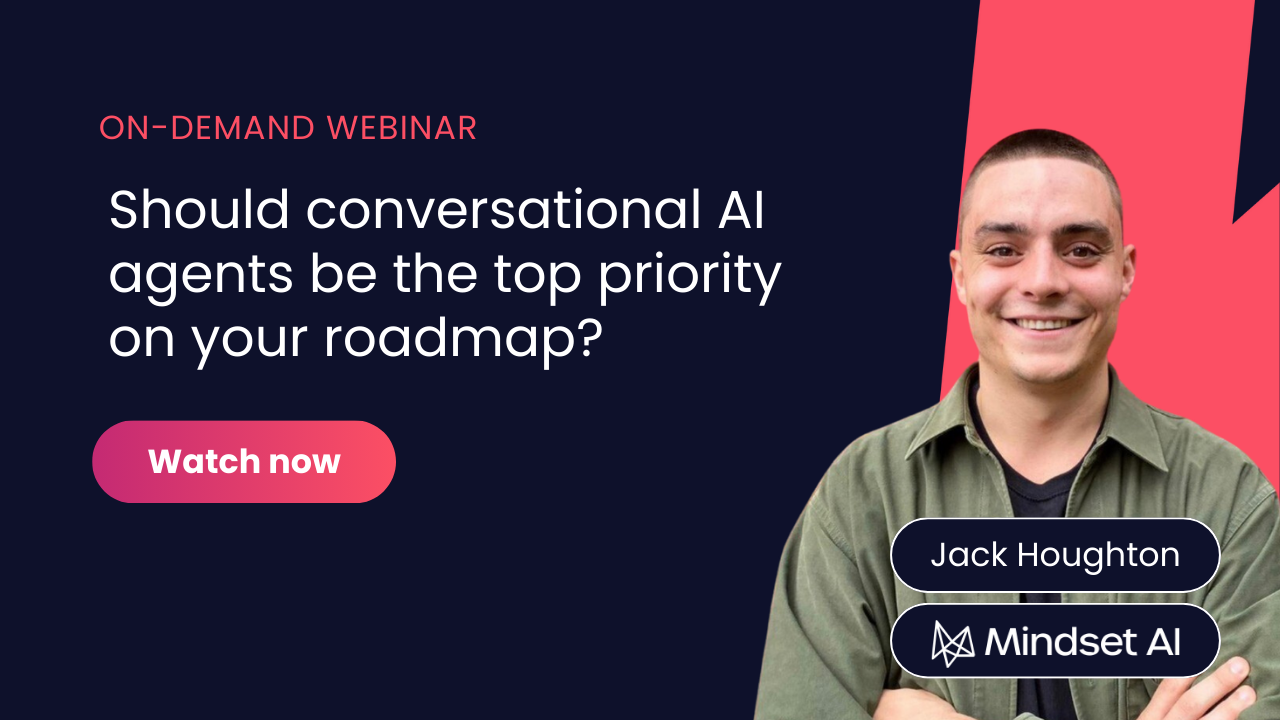
.png)
.png)
.png)
.png)
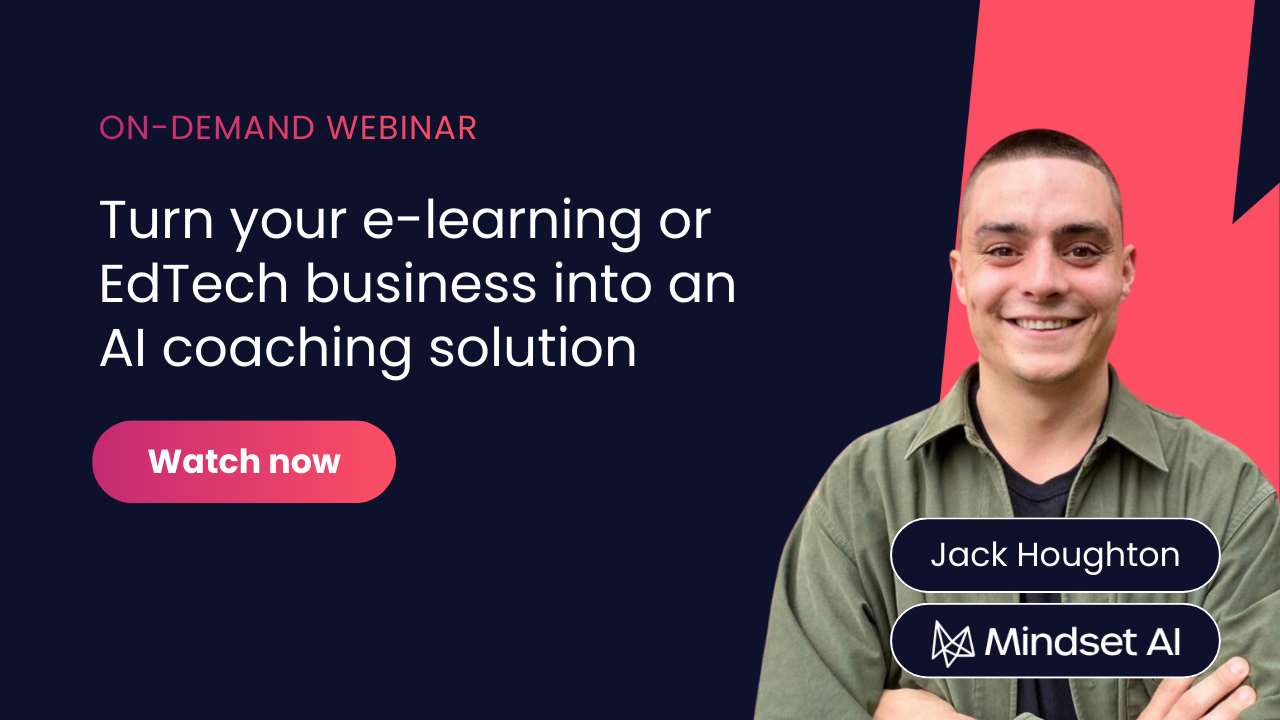
.png)
.png)


.png)
.png)
.png)

.png)
.png)
.png)

.png)
.png)
.png)
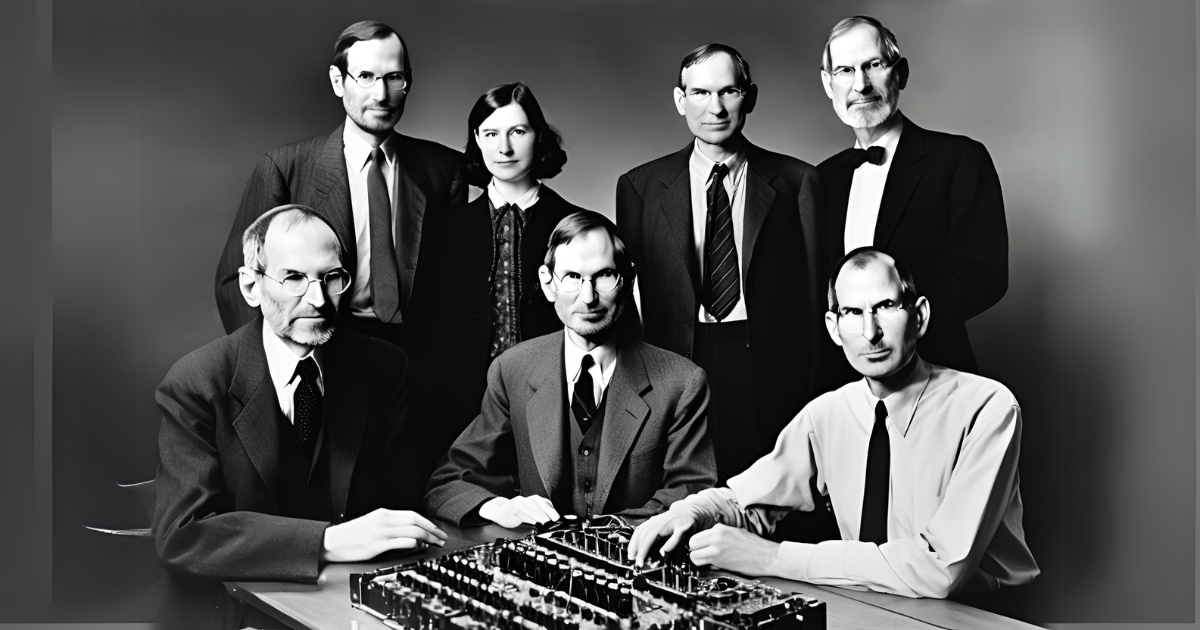


.png)






.jpeg)